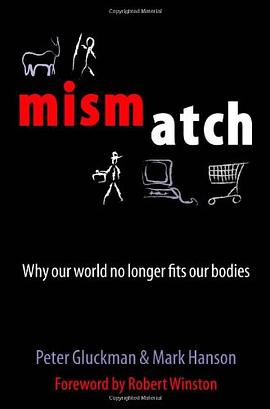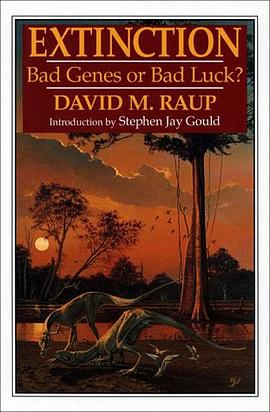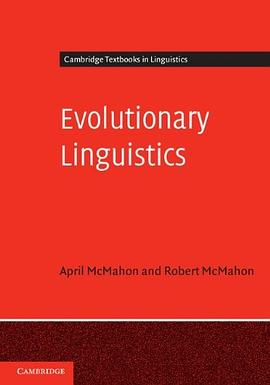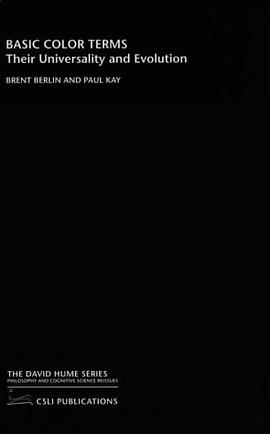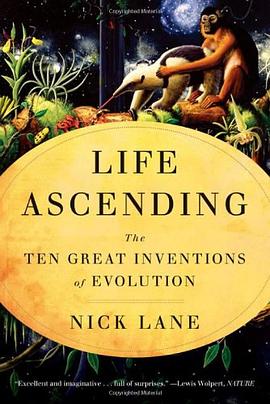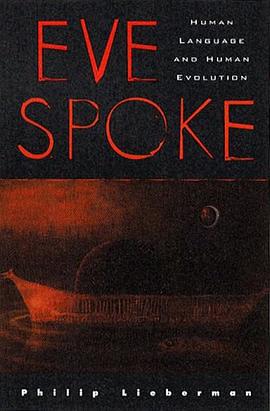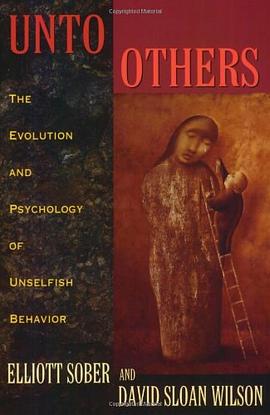

具体描述
In Unto Others, philosopher Elliott Sober and biologist David Sloan Wilson bravely attempt to reconcile altruism, both evolutionary and psychological, with the scientific discoveries that seem to portray nature as red in tooth and claw. The first half of the book deals with the evolutionary objection to altruism. For altruistic behavior to be produced by natural selection, it must be possible for natural selection to act on groups--but conventional wisdom holds that group selection was conclusively debunked by George Williams in Adaptation and Natural Selection. Sober and Wilson nevertheless defend group selection, instructively reviewing the arguments against it and citing important work that relies on it. They then discuss group selection in human evolution, testing their conclusions against the anthropological literature.
In the second half of the book, the question is whether any desires are truly altruistic. Sober and Wilson painstakingly examine psychological evidence and philosophical arguments for the existence of altruism, ultimately concluding that neither psychology nor philosophy is likely to decide the question. Fortunately, evolutionary biology comes to the rescue. Sober and Wilson speculate that creatures with truly altruistic desires are reproductively fitter than creatures without--altruists, in short, make better parents than do egoists.
作者简介
目录信息
读后感
评分
评分
评分
评分
用户评价
相关图书
本站所有内容均为互联网搜索引擎提供的公开搜索信息,本站不存储任何数据与内容,任何内容与数据均与本站无关,如有需要请联系相关搜索引擎包括但不限于百度,google,bing,sogou 等
© 2025 book.wenda123.org All Rights Reserved. 图书目录大全 版权所有



